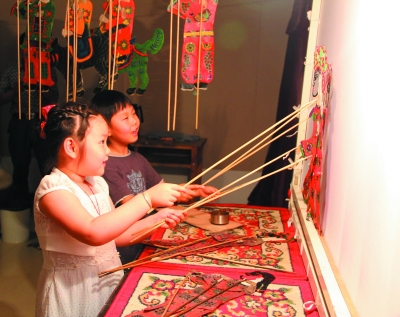Children, youth

儿离不开娘,瓜离不开秧
Just as a melon cannot thrive without vines, a child will not live happily without his mother.
The proverb means that once someone loses that which they rely on, the person will have problems.
儿孙自有儿孙福,莫为儿孙做马牛
Children will naturally have their own lives to live; parents don’t have to work like a horse for their future.
The proverb indicates that children should lead their own lives, and parents cannot do everything for them.
少不勤劳,老必艰辛
If one does not strive hard when young, he will definitely suffer from untold hardships when old.
The proverb suggests that young people should work hard so that when they’re old they won’t suffer too many difficulties.
少成若天性,习惯如自然
Skills acquired during childhood are like natural instincts, and what is habitually done becomes natural.
The proverb emphasizes the importance of education in a child’s early stages.
少而好学,如日出之阳;壮而好学,如日中之光;老而好学,如炳烛之明
Tireless reading in early childhood is like the light at sunrise; tireless reading in middle age is like the light at noon and tireless reading in old age is like the light from holding a candle.
The proverb means that learning should not be restricted by age.
少年休笑白头翁,花开能有几日红
Youth shouldn’t laugh at the old with silver hair; how long can the flower retain its beauty?
The proverb means that everyone will one day get old, and young people should not laugh at old people.

 PRINT
PRINT CLOSE
CLOSE